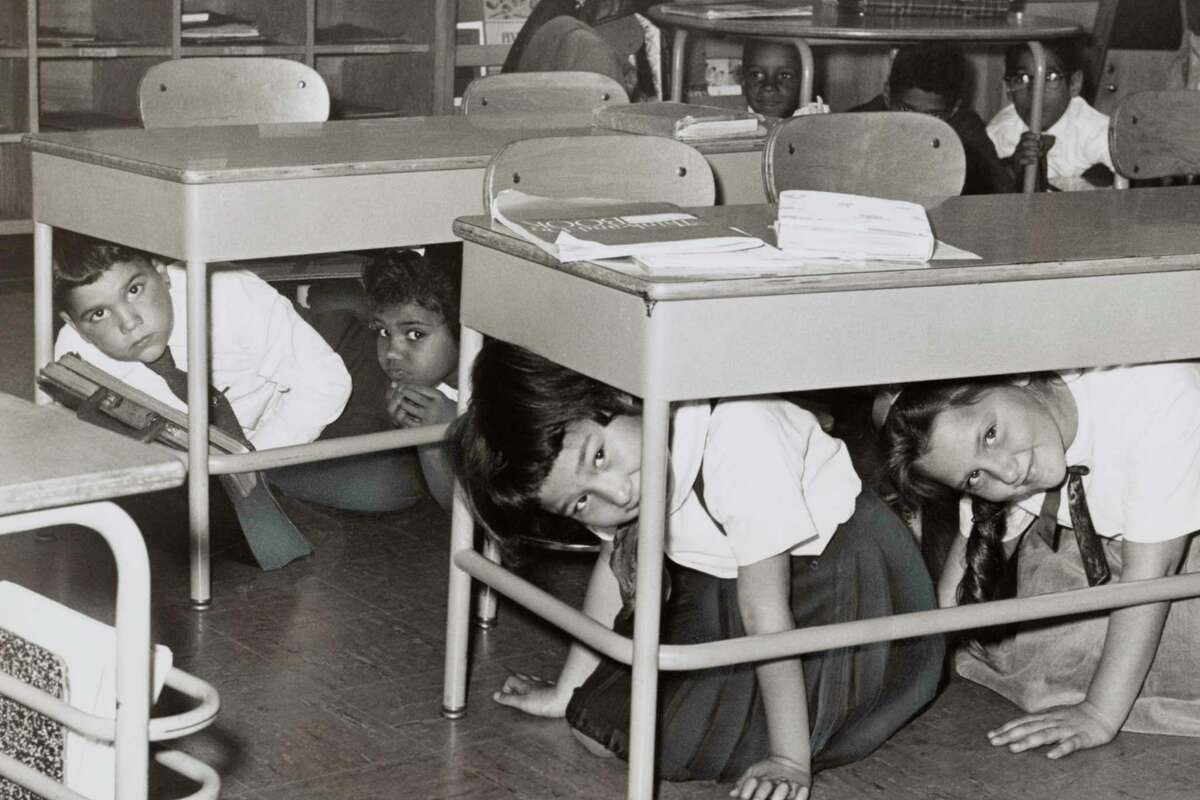Yeah, most likely.It's an inconsistency.
There, explained.
But it's part of the fun to find in-universe explanations for these things.
Yeah, most likely.It's an inconsistency.
There, explained.
Why, when there's Pornhub?Yeah, most likely.
But it's part of the fun to find in-universe explanations for these things.
It's an inconsistency.
There, explained.
Not really. You can be a starving student with a threadbare suit and mismatched shoes and still be a millionaire or whatever. The issue isn't that Rishon's parents objected to his poverty. They just objected to his appearance, which may have been the result of eccentricity or slovenly behavior.
Uh-huh. No excuses for anyone "starving" in Utopia. Just a writer's inconsistency.

An often overlooked quote from "The Survivors", for which i never found a good explanation for in line with the other episodes and movies that pretend that money doesn't exist anymore at least since the end of the 23rd century/beginning of the 24th century:
"RISHON: Kevin and I first saw each other on a ship at sea. He was a starving student with this threadbare suit and mismatched shoes. I was travelling with my parents who did not like the way that he kept hanging around. Two hours after I met him, I asked him to marry me. And he knew I was serious. I don't think that he has ever recovered from that day. "

It could be just a term that survived past the era where it meant more literally... like “burning the midnight oil”? It might be used to describe a 24th century college student for a reason.

It's pretty easy to explain. Despite Picard's poetic waxing about how the 24th century is a post-scarcity utopia blah blah blah...it's yet another example in a massive pile of evidence that there is SOME form of economy, and yes...people need to get paid...in the future.
Any luxuries on top of that you get by how much you "better humanity".
Personally I prefer in the idea that the Federation in the 24th century doesn't use any money anymore.

The Short Trek "The Escape-Artist" pretty much put paid to that notion.
I mean, ever since TOS, we've always known that "Federation credits" were a thing. We didn't know exactly what credits WERE, but we always knew they were there.
But in "The Escape-Artist", we are told that bounty hunters (IIRC, not all of whom were actually from species who are members of the Federation) looking for Harry Mudd could expect to be paid...in Federation credits.
So that is as close to conclusive proof (that Federation credits are money) as we are ever likely to have. Why would a bounty hunter want to be paid in anything that ISN'T money?
And before anyone brings up the possibility that credits were done away with by the 24th century: I might point out that, in TNG's "The Price", the rights to the Barzan wormhole were being negotiated...in Federation credits.
Also in "Firstborn" (again, TNG), Riker cashes in his stock of Federation credit vouchers in order to get Quark to give him information. Like the aforementioned bounty hunters, I don't see Quark placing any value on anything that isn't money...
....but that still leaves the question of why he was wearing a "threadbare suit" and "mismatched shoes" unless it really was a fashion statement/youth subculture like I proposed earlier.
What is this?
We use essential cookies to make this site work, and optional cookies to enhance your experience.
